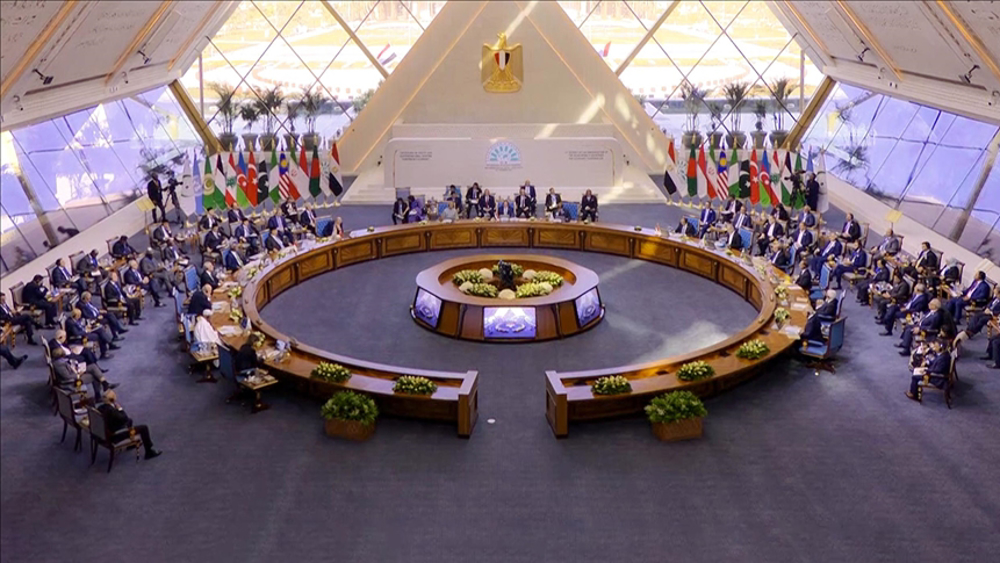Iran allows early repayment of sukuk bonds through crude
Iran’s finance ministry has issued a notice allowing the repayment of sukuk, debt bonds that are compliant with Islamic financial principles, through the use of export crude.
The ministry said on Sunday that sukuk holders whose bonds mature before May 2021 could apply to receive the equivalent of their bonds and their interest in crude cargoes.
The announcement marks the first time the Iranian government is using oil to repay bonds issued domestically.
A plan earlier this year to issue two-year oil-backed bonds reportedly failed after disputes emerged between various branches of the government on how the issuance would impact other financial markets, including the Tehran Stock Exchange where trade was largely booming before the plan was announced earlier in August.
Critics said at the time that backing bonds through future oil sales would create a huge financial burden for the next administrative governments.
However, head of Iran’s Plan and Budget Organization (PBO) said on Saturday that parts of oil shipments that have been planned for sale to finance the budget in Iran’s next fiscal year would be offered in the form of future contracts.
Mohammad Bagher Mobakht, a deputy president, said such future contracts could also be applicable to the current year’s budget.
Iran has used bond issuance to shore up finances that have been affected by lower sales of oil mainly due to the American sanctions as well as lower demand for crude in the international markets.
Recent reports have suggested that Iran’s crude exports increased significantly in September to nearly 1.5 million barrels per day (bpd) from lows of 0.5 million bpd seen in recent months.
‘All wars have rules. All of those rules have been broken’ by Israel
VIDEO | Report flags India’s violation of rights of Rohingya detainees
Turkey's foreign minister meets Syria's de facto leader in Damascus
'Next to impossible' to rescue patients from Gaza's Kamal Adwan Hospital: Director
VIDEO | Vietnam current prosperity
Report blames gasoil exports for shortage at Iranian power plants
VIDEO | Hind Rajab Foundation names Israeli war criminals vacationing after Gaza genocide
VIDEO | Australians rally for Gaza ahead of Christmas festivities











 This makes it easy to access the Press TV website
This makes it easy to access the Press TV website